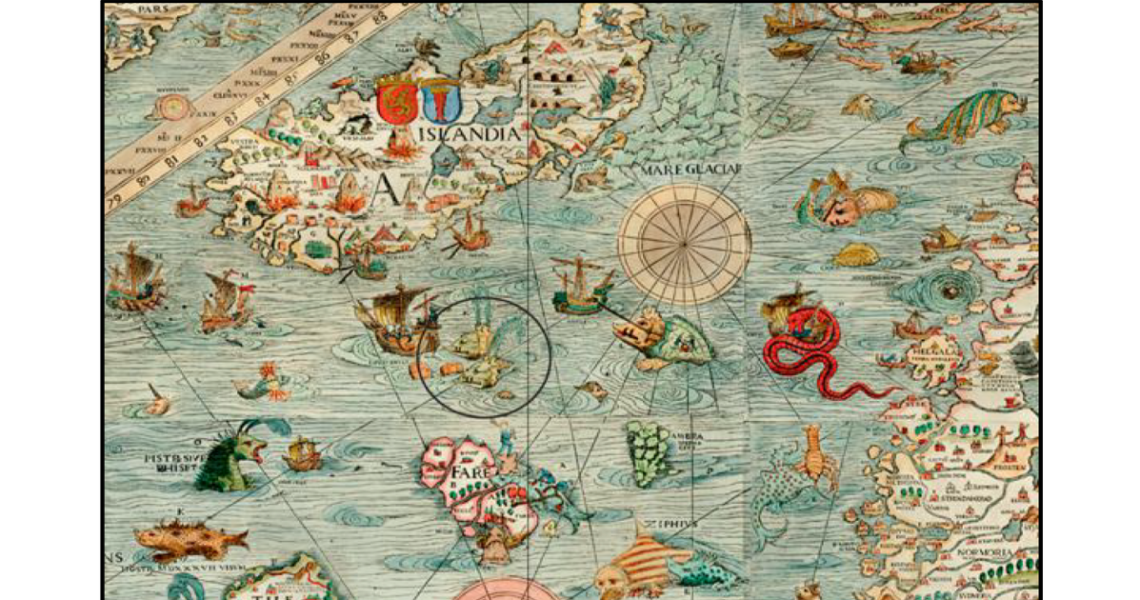
Taylor Center Releases New Monograph: A Map of the Landscape of Social Innovation Theories
If you are curious to learn more about the field of ‘social innovation’ and make sense of divergent perspectives, arguments, paradigms, and language surrounding this theme, the Taylor Provocation #3 should be on your summer reading list. I definitely wish it would have been on my list when I started working on my Ph.D. about twenty years ago! A Map of the Landscape of Social Innovation Theories is part of the ‘Taylor Provocation Series’, thought-provoking monographs to provoke further interest and probing into diverse research topics related to changemaking, social innovation, and design thinking. This latest monograph welcomes any intellectually curious and aspiring changemakers to get to know this new “map” of the social innovation landscape. The monograph is structured around a map that is systematized into three sections: 1) Classical Liberal Models, 2) the ‘Rift, and 3) Ecological models. The final discussion section examines cross-cutting themes across the landscape. Each section is grounded in a recognizable “ontological” worldview capturing ‘ways of being’ and a related “epistemological” perspective about valid ‘ways of knowing’. Each section of the map provides definitions, conceptual frameworks, and examples of social innovation.
While some may find this 60-page review to contain a lot of discipline-specific jargon, it includes helpful examples and interpretations. For those who appreciate visual presentations, this map is a great tool for putting many conceptual pieces all together. And, if you prefer a shorter introduction than the full paper, read the “Overview” section in Part II for a concise summary. The goal is to reach a broader audience and to promote awareness of a range of different philosophies about social innovation that our Research & Scholarship Team has been engaging with over several years, to guide constructive learning, action, and knowledge creation.
I hope you will find this monograph helpful for whatever endeavors you are pursuing – whether as an academician or a practitioner – and perhaps it will help you answer some long-standing questions. If you find yourself somewhere in the landscape, please let us know. If this monograph sparks any research interests or ideas, we would love to hear from you! Feel free to reach out directly to me, Anna Monhartova, Ph.D., at amonhart@tulane.edu.